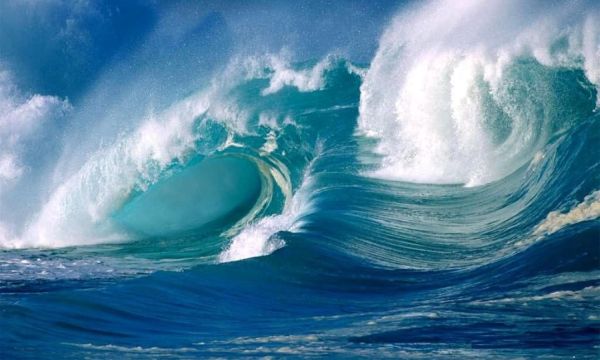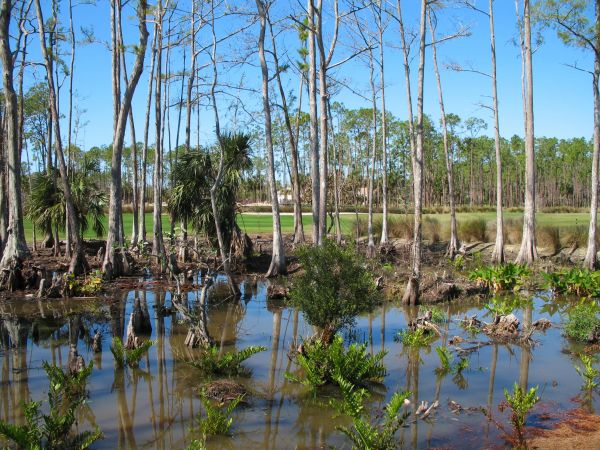
Oceans comprise more than 70% of our planets territory, and remain without any doubt the most precious and valuable asset that mother nature has endowed us with. It is our most important responsibility to protect it from extinction and getting polluted. The fact that one-half of the world population resides near the coastal region surrounded by seas and oceans makes it such an important aspect in our lives. There are many countries which rely on oceans and other water bodies for generating their wealth and income. Oceans are indeed the most important and gifted resource which we have been nurtured with during recent years.
There are numerous ways and steps that can be undertaken to protect the oceans from getting polluted and damaged. The fact remains that these steps are highly practical and normal citizens can be active participants to this exciting campaign. Let’s discuss all these steps in a systematic manner.
1. Pollution control
It has become imperative to stop the nuisances of pollution as it can be very damaging in the longer run for the oceans. It is very important that industrial wastes are controlled along with other toxic material that is regularly dumped up in the seas and oceans. They can create immense damage to the ocean water as well as the various forms of life and animals along with the fishes. Their entire existence would be compromised and left into jeopardy.
2. Steps should be taken to stop ocean acidification
We are burning coal and petroleum regularly and that is become the cause for increasing level of carbon dioxide in atmosphere. When carbon dioxide mixes with the sea water it forms carbonic acid and thus pollutes the entire ocean to be poisonous. It can result in mass extinction.
3. Repair the water cycle
Repair the water cycle is the possible step which can be undertaken to avoid the extremities of weather condition. Repairing the water cycle would help to clean saline water which has been damaged through a process wherein cold water would be pulled from the deep ocean to the surface. They call it repairing the water cycle.
4. Better fishing practices
Better fishing practices can also result in immense damage control carried on the oceans and the seas. Better and much more refined ways and techniques to carry upon fishing practices can indeed result in much better results for the conservation of the seas and the oceans. The mode adopted could be friendly in nature and hassle free. Furthermore, lesser usage of fishes for consumption purposes can also be practiced by the people in order to have some consideration upon the dwindling population of the fishes.
5. Avoid usage of plastic bags and goods
It is also very important that proper information is given to the people regarding the ill effects and hazards caused as a result of continuous ill plastic bag usage. These plastic materials tend to block the water flow, spread dirt and wastes in the water and also cause a great amount of damage and threat to the marine life. This is indeed a very serious issue and proper steps should be further taken. We can say that reduction in the usage of plastic bags can indeed result in great reduction as water and oceanic pollution is concerned.
6. Rescue the coral reefs
Modern techniques can be employed to protect the coral reefs from extinction and the dangers to their very survival on the planet. Around 90% of the coastal reefs of Sri Lanka, Tanzania, Kenya, Maldives, etc., are on the verge of being destroyed for ever. The main reason behind this is coral bleaching. Introducing marine bacteria can be a great step in this direction as it can help to save the coral reefs from destruction and extinction.
7. Investment in research activities
The most important step that can be undertaken is research activity is through greater investment in the field. As 71% of the planet is covered by the ocean, it is important that proper steps be taken to monitor temperature and acidity. Clearly, our oceans require much more attention and far greater funding in the field as possible. However, much more needs to be done to properly understand the ocean and all the strategies to help manage them as quickly as possible.
We need to remember the fact that as oceans play such a vital role in our lives and for our planet, it is imperative on our part and on the part of international agencies to take immediate and urgent steps for saving them from extinction.




